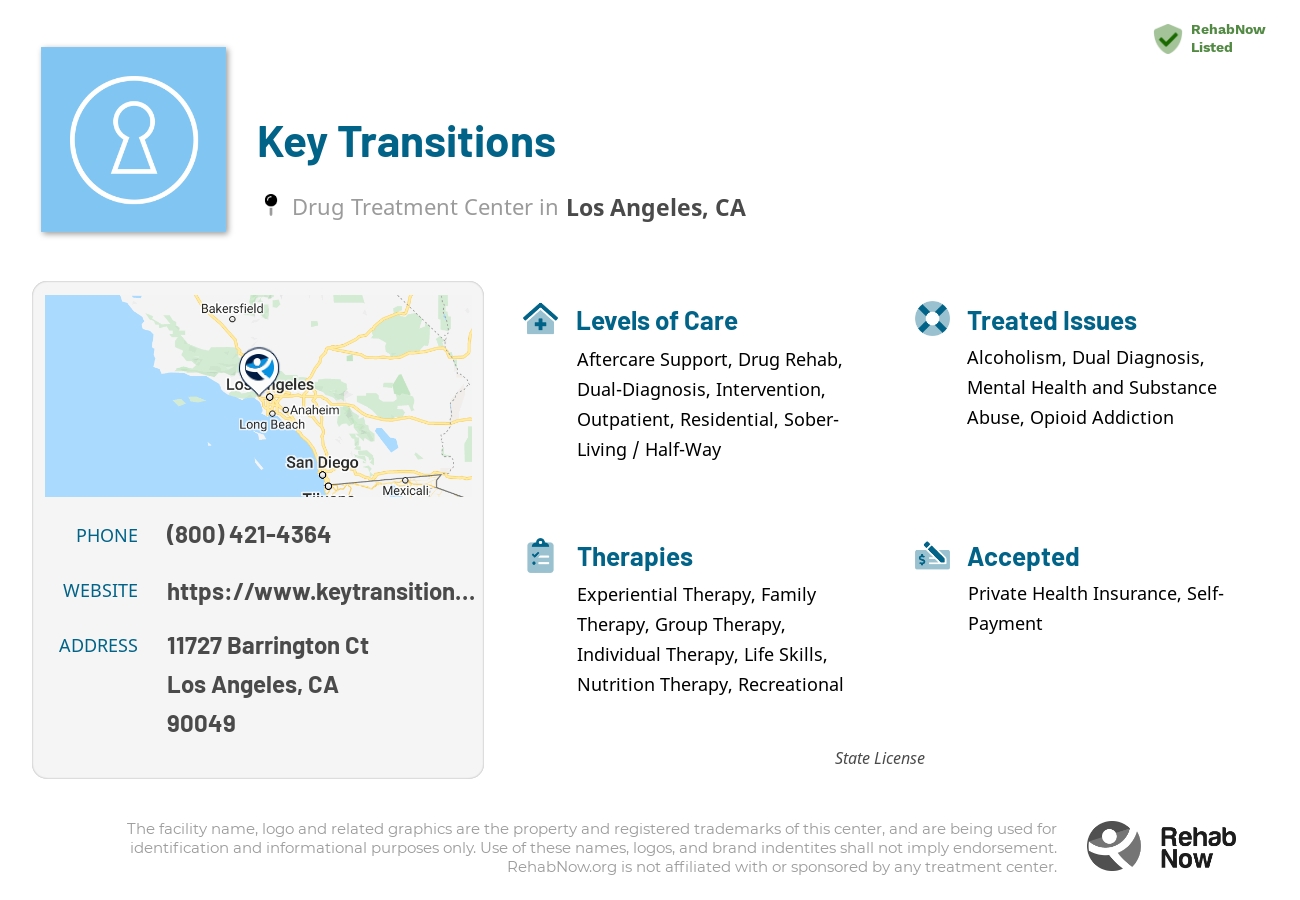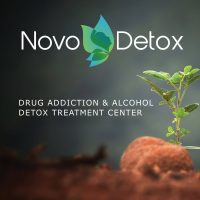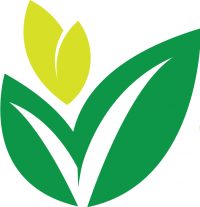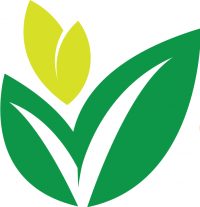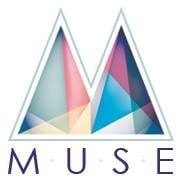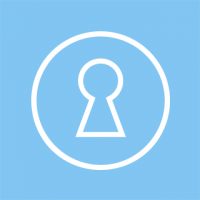
Key Transitions
Drug Rehab Center in Los Angeles, California
- Opioid Addiction
- Dual Diagnosis
- Drug Addiction
- Alcoholism
Key Transitions in Los Angeles, CA is an addiction treatment facility that offers comprehensive care for individuals struggling with alcoholism, opioid addiction, dual diagnosis, drug addiction, mental health issues, and substance abuse.
About This Los Angeles, CA Facility
Key Transitions is an addiction treatment facility located in Los Angeles, California. Established in 2014, this facility is dedicated to providing comprehensive care for individuals suffering from alcoholism, opioid addiction, dual diagnosis, drug addiction, mental health issues, and substance abuse. Key Transitions offers a range of professional services, including aftercare support, drug rehab, dual-diagnosis treatment, interventions, outpatient programs, residential treatment, sober-living/half-way houses, inpatient care, and partial-hospitalization programs. The facility is accredited by the state license and holds LegitScript certification, ensuring that it meets the necessary standards for providing effective and legitimate substance abuse treatment.
Key Transitions in Los Angeles, CA offers various levels of care for individuals struggling with addiction and substance abuse. Their services are designed to cater to the specific needs of each individual and provide a personalized approach to treatment. In addition to residential and outpatient programs, the facility also provides dual-diagnosis treatment, which addresses both substance abuse and underlying mental health issues. Key Transitions also offers aftercare support, ensuring that individuals receive ongoing assistance and guidance as they transition back into their normal lives after completing treatment. Through their comprehensive range of services, Key Transitions aims to help individuals overcome their addiction and achieve lasting recovery.
Genders
Ages
Modality
Additional
Accreditations
State License

LegitScript
Conditions and Issues Treated
Opioid addiction treatment facilities in California, like Key Transitions cover both illegal and prescription opioids abuse. Most plans include detoxification and subsequent medications to ease the process. Behavioral therapies and counseling are also necessary to resolve the root cause of addiction.
When someone in California struggles with both addiction and mental or emotional illness, this is considered a dual diagnosis. Dual diagnosis treatment can include emotional trauma, bipolar disorder, schizophrenia, depression. Getting treatment for these issues must occur at the same time to treat either of them effectively.
Levels of Care Offered
This center offers a variety of custom treatment tailored to individual recovery. Currently available are Aftercare Support, Drug Rehab, Dual-Diagnosis, Intervention, Outpatient, Residential, Sober-Living / Half-Way, with additional therapies available as listed below.
A sober living home in Los Angeles, CA, also known as an SLH, is much like a halfway house. It is halfway between a drug or alcohol treatment facility and living at home. There are some specific rules and regulations residents must follow, like attending mandatory meetings, and household chore-type activities.
Residential treatment programs are those that offer housing and meals in addition to substance abuse treatment. Rehab facilities that offer residential treatment allow patients to focus solely on recovery, in an environment totally separate from their lives. Some rehab centers specialize in short-term residential treatment (a few days to a week or two), while others solely provide treatment on a long-term basis (several weeks to months). Some offer both, and tailor treatment to the patient’s individual requirements.
Intervention services are designed to help loved ones of an individual suffering from alcohol or drug addiction. They aim to help the individual realize that their behavior is causing damage, and external help is crucial to handle their problem efficiently.
Treatment for substance abuse does not cease after an individual successfully completes a detox or rehabilitation program. A vital follow-up treatment service is aftercare support provided to individuals at Key Transitions in California after they attain initial sobriety.
Aftercare support often takes the following forms: 12-Step Programs, Outpatient Treatment Programs, and Support Groups. The most effective aftercare programs are tailored to meet an individual’s specific needs and circumstances.
Key Transitions‘s Therapies & Programs
Treatment programs include individual therapy for the greatest chances of success. Customized individual therapy is counseling involving you and your Key Transitions counselor. Individual therapy leads to greater peace and understanding about your triggers for addiction.
When family members are more proactive and involved in the treatment procedure, it encourages the patient to advance his or her progress. Moreover, it shouldn’t be ignored that genetics play a role when it comes to addiction, so it’s better to approach the problem as a unit. Also, with proper education, family members can help an individual avoid addiction triggers and guide him or her in making lifestyle changes necessary for his or her sobriety.
In the midst of an addiction certain healthy habits and behaviors can be forgotten or discarded altogether. While in treatment you will learn life skills that will help you successfully maintain sobriety and rebuild your life in Los Angeles, CA. Some examples of this are time management, social skills, nutrition, hygiene, stress management and taking care of yourself.
Addiction commonly results in varying levels of malnutrition, vitamin and mineral deficiencies. This can be reflected in weight loss, hair loss or hair changes, skin irregularities and damage to multiple internal body functions. While in active addiction meals can be skipped or replaced by drugs or alcohol. Eating correctly to replace lost vitamins and minerals while balancing your diet can build confidence while restoring your health from the inside out.
Nicotine Replacement Therapy (NRT) helps smokers get nicotine into their system without resorting to smoking. It’s a way to help people quit smoking without going cold turkey and experience aggressive withdrawal symptoms. The products (in the form of gums, sprays, patches, inhales, or lozenges) used in NRT provide the body with nicotine, excluding the toxic substances found in tobacco.
NRT treatment at Key Transitions in Los Angeles, California lowers down nicotine cravings, so the patient does not go through physical weakness while dealing with the emotional and mental stress of quitting smoking. Coupling NRT with counseling and other means of support gives long-term smokers a better chance of removing their unhealthy habit.Patient Experience
Experiential Therapy at Key Transitions
Experential therapy is a unique type of therapy that deals with the subconscious mind. This treatment offered by Key Transitions in Los Angeles, CA encourages individuals to work out their issues with their inner self. Some of the most common examples of experiential therapy are equine therapy, music therapy, adventure therapy, and role playing.
Payment Options Accepted
For specific insurance or payment methods please contact us.
Is your insurance accepted?
Ask an expert, call (888) 674-0062
Additional Details
Specifics, location, and helpful extra information.
Los Angeles, California 90049 Phone Number(800) 421-4364 Meta DetailsUpdated November 25, 2023
Staff Verified
Patient Reviews
There are no reviews yet. Be the first one to write one.
Los Angeles, California Addiction Information
More than 3 million of California's citizens are addicted to illegal drugs. Almost 800,000 people use hard drugs, almost 5 million use marijuana, and another 2.1 million abuse alcohol every year. Other substance abuse issues such as binge drinking and teen drug use are also common. Many illegal drugs such as cocaine, heroin, methamphetamine, and marijuana are smuggled into the state from Mexico.
10% of adults in Los Angeles have used illicit drugs or abused prescription drugs within the past year. Heroin, marijuana, prescription pain relievers and cocaine are widely abused in Los Angeles. Over 130,000 people in the city struggle with addiction to drugs or alcohol. Many residential rehab facilities in the area can provide long-term care. The best way to find the right treatment option is to speak with a professional.
Treatment in Nearby Cities
- Ceres, CA (281.2 mi.)
- Tuolumne, CA (287.3 mi.)
- West Sacramento, CA (355.8 mi.)
- Reedley, CA (183.7 mi.)
- South Pasadena, CA (18.7 mi.)
Centers near Key Transitions
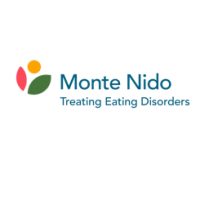


The facility name, logo and brand are the property and registered trademarks of Key Transitions, and are being used for identification and informational purposes only. Use of these names, logos and brands shall not imply endorsement. RehabNow.org is not affiliated with or sponsored by Key Transitions.



